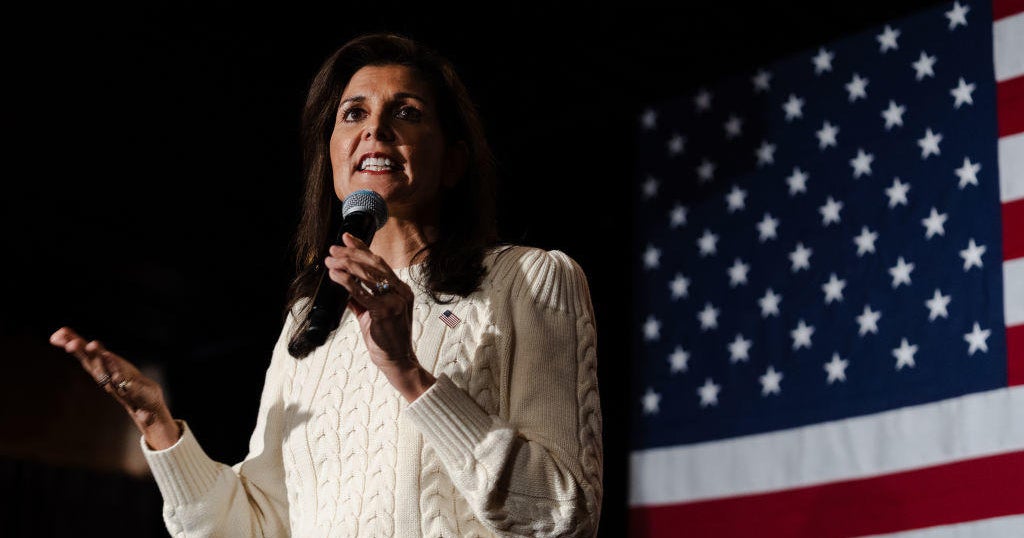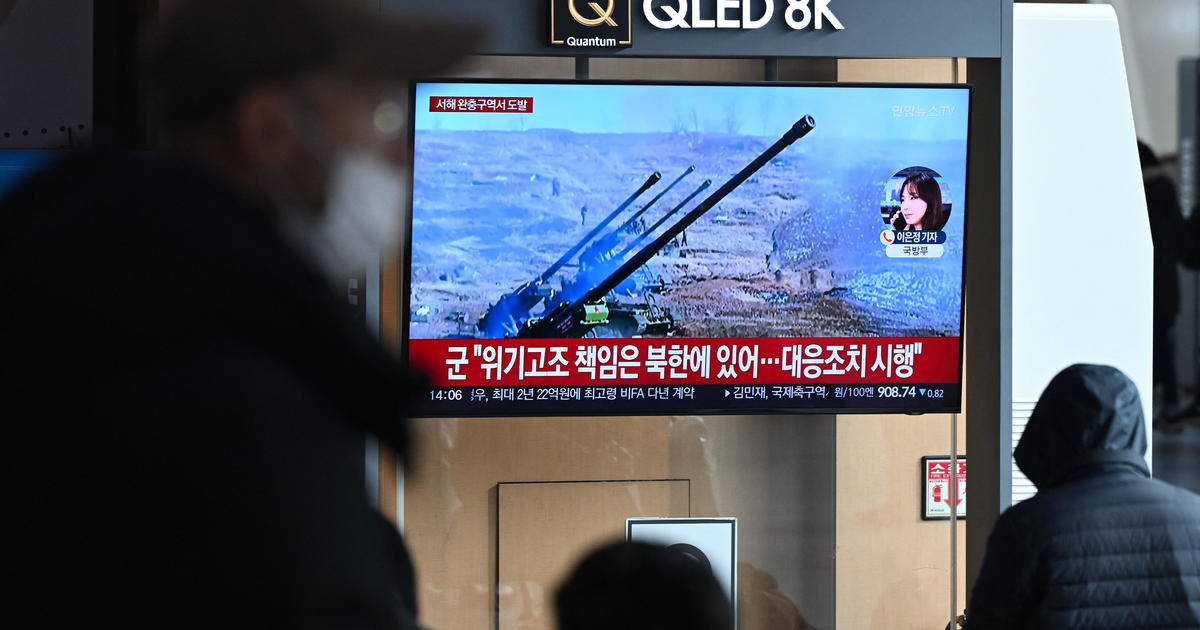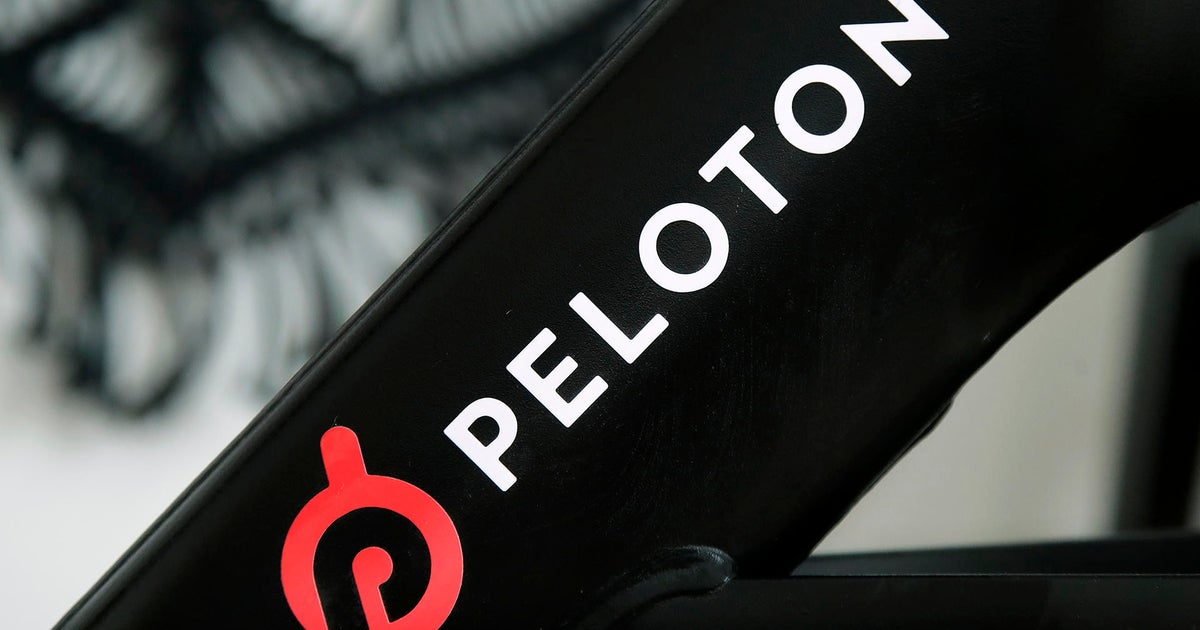War in Ukraine: Kherson's resisters
When Russia occupied the Ukrainian city of Kherson last year, local civilians organized a resistance. More than a year after Ukraine liberated the city, its citizens are still fighting.
Moscow had seized Kherson just days after it invaded Ukraine in February 2022. But something else happened almost as quickly: Ordinary citizens of Kherson banded together and rose up. They smuggled food, clothing and weapons. They spied on enemy troops and sent intelligence to the Ukrainian military. They even launched their own hit-and-run attacks against Russian forces.
For this week's 60 Minutes, correspondent Scott Pelley met some of Kherson's resident resisters, including Nataliia Havrylenko. A Kherson native, Havrylenko owned a business manufacturing and exporting lumber before the war. She told Pelley she also had political aspirations. Russia's war destroyed both.
After the invasion, Havrylenko's ambitions changed. She began evacuating civilians in danger and found hiding places for those who remained in Kherson. She smuggled food, medicine and weapons to the civilian resistance. She even set up a makeshift hospital.
"Your adrenaline goes up and you realize that you must do everything that is needed from you," Havrylenko told Pelley. "And whatever you can do — you do it."
A few months into the occupation, Russians captured and detained Havrylenko. She told 60 Minutes that her son's friend had informed the Russians that she had been transferring ammunition to the Ukrainian resistance. The betrayal felt personal, but even the informant ended up imprisoned alongside her.
During Havrylenko's four months in captivity, the Russians subjected her to immense phycological pressure, she told 60 Minutes. She said she wasn't physically tortured, but the Russians tried to convince her to become a collaborator. She refused.
While the Russians occupied Kherson, they also captured Roman Baklazhov and Oleksandr Diakov. The two ended up imprisoned in nearby cells.
Baklazhov owned a furniture store before the war. He told 60 Minutes that, after the Russian invasion, he smuggled weapons and spied on Russians, sending information to the Ukrainian military through apps including Signal and WhatsApp.
A former head of a housing cooperative, Diakov told 60 Minutes that, before he was captured, he had provided the Ukrainian military with coordinates of Russian military depots that held ammunition and troops. He said he spoke in code to other resistance members.
"During the occupation it was a nightmare," Diakov said. "People didn't trust almost anyone, really. Nobody could be sure of how a person would behave five minutes after you spoke to them because they used to torture people. They would grab people in the middle of the street and torture them. There were many torture rooms set up in Kherson."
Diakov told 60 Minutes he experienced the torture firsthand. During captivity, Diakov said Russians interrogated him, beat him and electrocuted him. He said he was beaten so badly, one of his legs became infected and began to rot. He said he has lasting health complications and difficulty walking today, so he lives in a ground floor apartment because he cannot ascend stairs.
But even after occupation, detention and torture, Diakov has remained in Kherson.
"I stayed because there are people here who I still help," Diakov said. "Even after everything I went through in captivity, I nevertheless remained in Kherson because I understand that there are people who need me here."
Baklazhov and Havrylenko have also remained in Kherson. Havrylenko now works for a group called "Iron Ants," a group of volunteers that continues to deliver aid to people in Kherson.
Today, Russian forces are positioned on the east bank of the Dnipro River, about a mile from Kherson. Baklazhov told 60 Minutes he thinks they have already lost.
"Let them take with them everyone who is keen to go [to Russia], and they can leave us alone," he said.
The video above was produced by Brit McCandless Farmer and edited by Sarah Shafer Prediger.
for more features.



